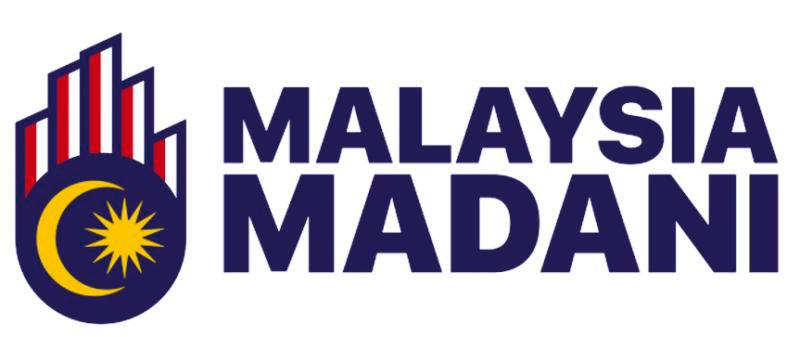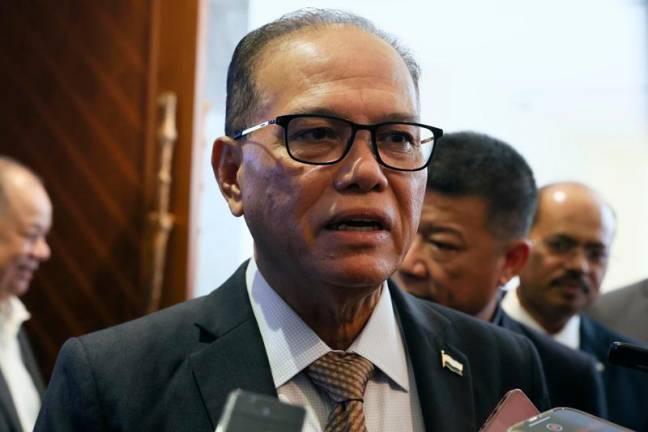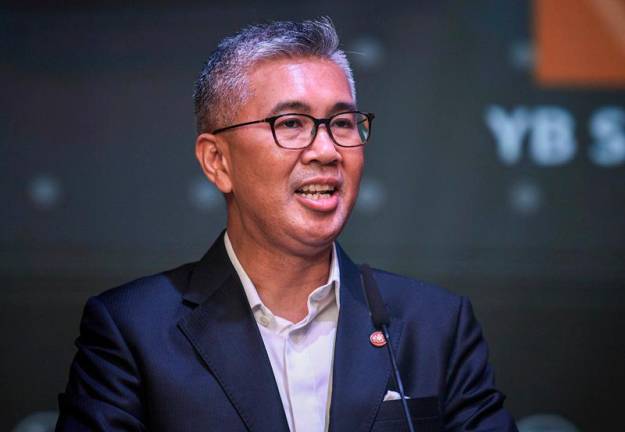IMAGINE a Malaysia where inclusivity, sustainability and innovation merge seamlessly – a vision of prosperity intertwined with social justice. This is the framework that embodies Malaysia Madani.
How can we create an inclusive society where every voice is heard, and every need is met? How can we keep evolving while staying true to our roots? The answer may lie in Artificial Intelligence (AI), especially AI-powered tools that can revolutionise our civil service.
Riding the wave of cutting-edge technology, AI has become a driving force behind the remarkable changes sweeping through various sectors worldwide. From healthcare and e-commerce to education and beyond, AI has left an indelible mark.
The Malaysian civil service, the backbone of government operations, is not immune to this digital revolution. With AI leading the way, the civil service has the potential to revolutionise public administration by redefining efficiency, transparency and accessibility.
AI possesses the distinctive ability to accelerate internal operations and streamline intricate bureaucratic processes. AI has proven to be a valuable tool for automating data collection, sorting and analysis tasks, enhancing efficiency and reducing human error.
By swiftly and accurately managing large datasets, AI can allow civil servants to allocate more time to complex responsibilities while empowering them to prioritise what truly matters.
In the context of Malaysia Madani, this translates to delivering exceptional services that effectively address the needs of the nation.
Furthermore, AI models, such as ChatGPT, can revolutionise administrative tasks, such as drafting and revising documents, writing reports and creating presentations, which traditionally demand substantial time and effort.
A recent study conducted by scholars from the Massachusetts Institute of Technology revealed that ChatGPT can enable users to produce 59% more documents in a single working day compared with those without access to the application.
While this study was conducted among business professionals, the ChatGPT application for routine administrative duties holds tremendous potential for the civil service, allowing for a significant increase in operational efficiency. This, in turn, can free up personnel to undertake more strategic and decision-making roles, thus optimising their overall contribution.
Equally, AI can play a pivotal role in promoting transparency and accountability within the public administration – principles that align perfectly with the Malaysia Madani vision.
Picture an AI system that can efficiently track public funds and keep a check on transactions, ensuring every ringgit is accounted for.
This approach will ensure accountability and strengthen public trust, creating a governance model that embodies integrity, fairness and earns citizens’ confidence.
Furthermore, AI also holds immense potential in revolutionising policy-making and planning. By integrating machine learning algorithms in public offices, the government will be able to predict future trends based on historical data.
Proactive measures can be taken across sectors, such as healthcare, education and transportation.
In addition, AI offers an extraordinary advantage in understanding public sentiment, allowing policies to align effectively with people’s needs.
AI-powered sentiment analysis processes extensive data, paving the way for data-driven policy decisions that reflect society’s desires.
Integrating AI in policy-making and planning will undoubtedly empower the Malaysian civil service to navigate the complex challenges of the modern era, leading to more responsive, inclusive and impactful governance.
However, one of the most exciting aspects of AI is its ability to bridge communication gaps. For instance, ChatGPT’s impressive capacity to generate human-like conversation can facilitate effective communication between the civil service and the public.
Likewise, imagine digital assistants available 24/7, capable of addressing the queries and needs of citizens. Equipped with advanced language processing capabilities, these AI-powered assistants can communicate in all the languages spoken throughout Malaysia. This will not only enhance operational efficiency but also ensure that every citizen, regardless of their language or location, can access public services flawlessly.
By leveraging AI-powered communication tools, we can foster a stronger sense of understanding and inclusivity within our society.
Citizens will feel heard, valued and understood, knowing their queries and concerns are promptly addressed. This approach will promote unity, mutual respect and belonging – another essential ingredient in realising the Malaysia Madani vision.
In essence, integrating AI into our civil service will propel us closer to realising Malaysia Madani.
By embracing this digital transformation with care and thoughtfulness, we can set the stage for a vibrant, harmonious Malaysia, steered by a robust and digitally competent civil service.
With AI, we can unlock the potential to turn our vision of Malaysia Madani into a tangible reality, benefiting every citizen.
Let us embrace this technological revolution, guided by our deeply cherished values of respect, privacy and cultural diversity and seize the opportunities that lie ahead.
The writer is a Senior Training Consultant at the Centre for Management and Leadership, Intan, Bukit Kiara. Comments: letters@thesundaily.com










